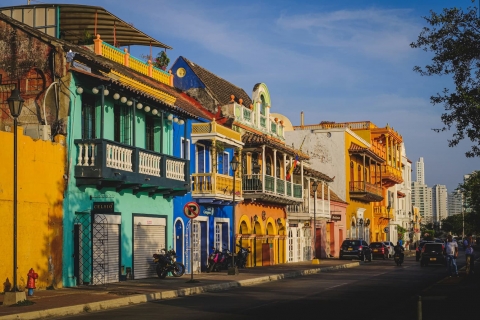Joinville Weather and Climate: A Comprehensive Guide
Temperatures in Joinville experience a moderate degree of variance through the seasons.
Days can be warm, while the cooler months tend
to be warm.
It also has a relatively rainy climate with high levels of precipitation.
Now, let’s break down all the climate details for a clearer picture.
Average maximum day and minimum night temperature
The weather in Joinville changes moderately throughout the year, offering enough variation to appreciate each season. On average, daytime temperatures range from a comfortable 30°C in January to a comfortable 22°C in July.
Nighttime temperatures can drop, with average lows reaching 13°C in July.Check out our detailed temperature page for more information.
Temperature ranges by month
Precipitation and rainy days
Joinville has a notably wet climate with abundant precipitation, recording 2095 mm of rainfall per year. The seasons in Joinville, bring significant changes in precipitation. The wettest month, February, receives heavy rainfall, with an average of 298 mm of precipitation. This rainfall is distributed across 22 rainy days.
In contrast, the driest month, August, experiences much less rainfall, totaling 100 mm over 14 rainy days. These distinct seasonal differences provide diverse experiences throughout the year. For more details, please visit our Joinville Precipitation page.The mean monthly precipitation over the year, including rain, hail and snow
Forecast for Joinville



Select a Month of Interest
Check the conditions for any month of the year.
The best time of year to visit Joinville in Brazil
During the months of May, June, July, August, September and October you are most likely to experience good weather with pleasant average temperatures that fall between 20°C and 26°C.Other facts from our historical weather data:
January has an average maximum temperature of 30°C and is the warmest month of the year.
The coldest month is July with an average maximum temperature of 22°C.
February tops the wettest month list with 298 mm of rainfall.
August is the driest month with 100 mm of precipitation.
No idea where to travel to this year? We have a tool that recommends destinations based on your ideal conditions. Find out where to go with our weather planner.



